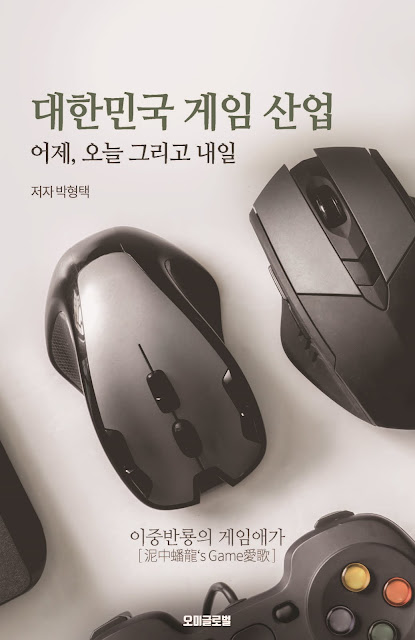泥中蟠龍's Game愛歌
[A love song for games of the dragon waiting for an opportunity]
The founder and the owner
November. 30. 2017.
Recently, I heard of a painful story from the CEO of an investment firm. To sums up,
“Why do most chief executive officers are the majority shareholder in the video game companies and keep holding it since the firm received investment several times? Why don't they evenly divide profits with the founding members? I think there seems to be an issue."
As the introduction says, I worked extensively with video game development and I'm now working with investment in game studios. An investor who provides capital to start-ups showing high growth potential is called a "venture capitalist (VC)". Among them, the number of VCs that specializes in investing in game development is not significant. Therefore, I have been given a chance often to deliver a lecture on things that a game company needs to prepare to attract investment such as the process of attracting and writing up a business plan, etc. I used to say that the higher the stakes of the CEO, the better the win situation for attracting investment. A good few venture capitalists are reluctant to invest in a game developer where the leader owns a considerably low percentage of stock. If a venture-funded business, which wants to attract a follow-up investment after its initial one, has abnormally low CEO stakes, it can be a big hindrance to encourage investors.
Apart from that, along with investment firm-related problems, not only the CEO but also ex-VC pointed out that most successful entrepreneurs in the local gaming industry have tended to be tight-fisted to share money with employees and to think of themselves as not a founder or chief executive officer but an owner or ruler. I also have the experience of running a video game company in the past and I'm not the exception, either. I was at a complete loss for words when I was asked what I have done to change our perception of the industry as one of the venture capitalists who specialize in a video game.
The national gaming industry is the engine that drives all the other content industries and there are many listed companies. Every year, a couple of video game firms go public, which makes several persons very rich with about from a few hundred billion won to a few trillion won. A new star in the industry has been born this year and it is also expected to continue next year. However, the more the new rich share in profits, the more the industry will flourish. I hope that the number of would-be entrepreneurs, who make a game they want to create from the experience of the successful developer and its team, more than the number of future CEOs, who want to be the owner of the company from taking a leaf out of the successful owner CEO's book. I should change my perception of a developer where the CEO owns a high percent stake. And I expect that the small change will make a big difference.
※ This is from Kyunghyang Games column by 泥中蟠龍 since September 2013.
(http://www.khgames.co.kr)
Translation by Kim Ki-hui

